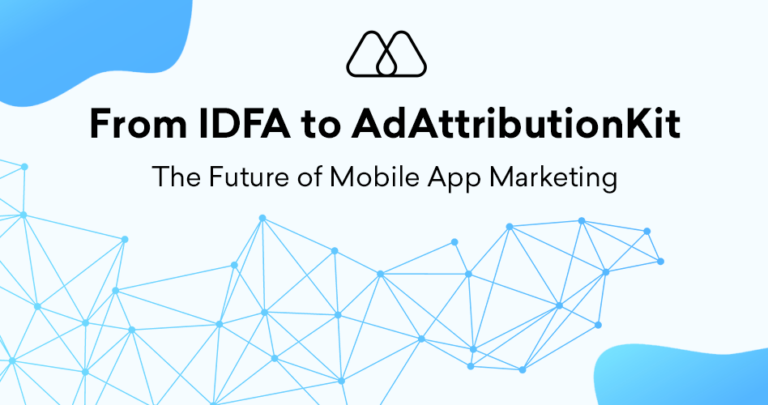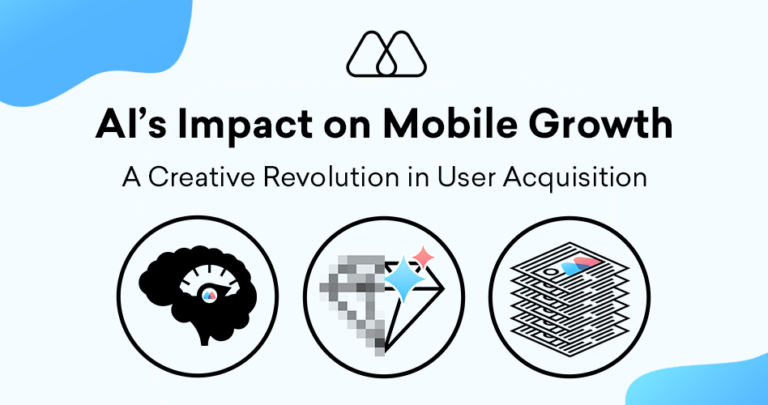Software Development Kits (SDKs) play a fundamental role in the dynamic world of mobile app advertising. They act as the bridge between apps, ad networks, and measurement partners, facilitating ad serving, user tracking, and campaign optimization. This article delves into the functionalities of SDKs within the mobile advertising ecosystem and explores how you, as a mobile app marketer, can leverage them strategically.
What is a Software Development Kit (SDK)?
A Software Development Kit (SDK) is a collection of tools and code libraries provided by a third-party platform (ad network, analytics provider, etc.) that allows app developers to integrate specific functionalities within their mobile apps. In the context of mobile advertising, SDKs enable features like:
- Ad Request & Display: The SDK facilitates communication between the app and the ad network, allowing the app to request and display targeted ads within its user interface.
- User Tracking & Targeting: SDKs can collect user data (with user consent) to enable targeted ad serving based on demographics, interests, and app behavior.
- In-App Measurement & Attribution: SDKs track user interactions with ads displayed within the app, enabling measurement of campaign performance and attribution of conversions (e.g., installs and purchases).
- Reporting & Analytics: Data collected by the SDK is used for report generation and analytics that provide insights into campaign effectiveness and user behavior.
Benefits and Considerations of SDK Integration
Integrating Software Development Kits (SDKs) offers several advantages for mobile app marketers:
- Simplified Ad Integration: SDKs streamline the process of combining ad formats and functionalities within your app, reducing development time and effort.
- Targeted Advertising: Leveraging user data allows for delivering relevant ads to users, potentially improving conversion rates and return on investment (ROI).
- Campaign Measurement & Optimization: SDKs provide valuable data for measuring campaign performance and optimizing strategies for better results.
However, there are also considerations to keep in mind:
- Privacy Concerns: User data collection practices associated with SDKs raise privacy concerns. Transparency and adherence to relevant privacy regulations are crucial.
- App Performance Impact: Heavy SDKs can impact app performance by slowing download times and draining battery life. Careful selection and optimization are essential.
- Data Fragmentation: Using multiple SDKs can lead to data fragmentation across different platforms, making campaign analysis and optimization more complex.
Optimizing Your Mobile App Marketing Strategy with SDKs
Here are some key strategies for leveraging SDKs effectively in your mobile app marketing strategy:
- Prioritize User Privacy: Focus on user consent, data minimization practices, and compliance with privacy regulations like GDPR and CCPA.
- Choose High-Quality SDKs: Select reputable ad networks and measurement partners that offer well-maintained, lightweight SDKs with minimal impact on app performance.
- Limit the Number of SDKs: Integrate only the essential SDKs required for your advertising and measurement needs.
- Utilize a Mobile Marketing Platform: Consider using a Mobile Marketing Platform that can consolidate data from multiple SDKs, simplifying campaign analysis and optimization.
5 Key Takeaways from Software Development Kit (SDK)
- Bridge Between Apps & Ad Networks: SDKs facilitate ad serving, user tracking, and mobile app campaign measurement.
- Functionalities: Ad request/display, user tracking/targeting, in-app measurement/attribution, reporting/analytics.
- Benefits: Simplified ad integration, targeted advertising, campaign measurement/optimization.
- Considerations: Privacy concerns, app performance impact, data fragmentation
- Strategic Use: Focus on user privacy, choose high-quality SDKs, limit the number, and consider a mobile marketing platform for data consolidation.
Software Development Kits (SDKs) are a cornerstone of mobile app advertising. By understanding their functionalities, benefits, and considerations, you can leverage SDKs strategically to streamline ad integration, target users effectively, measure campaign performance, and optimize your mobile app marketing efforts for long-term success.
The Future of SDKs and Alternative Solutions
The future of SDKs in mobile app advertising remains somewhat uncertain. Growing privacy concerns and regulations might lead to stricter limitations on data collection practices. Additionally, the increasing focus on a privacy-centric app environment may necessitate alternative solutions. One potential alternative is Server-to-Server (S2S) integration, which eliminates the need for SDKs within the app itself and facilitates data exchange directly between app servers and measurement partners in a more secure way.
By staying informed about these evolving trends and potential alternatives, you can ensure your mobile app marketing strategy remains adaptable. However, SDKs will probably remain a prominent tool for the foreseeable future. Understanding how to leverage them strategically will continue to be valuable for mobile app marketers.




